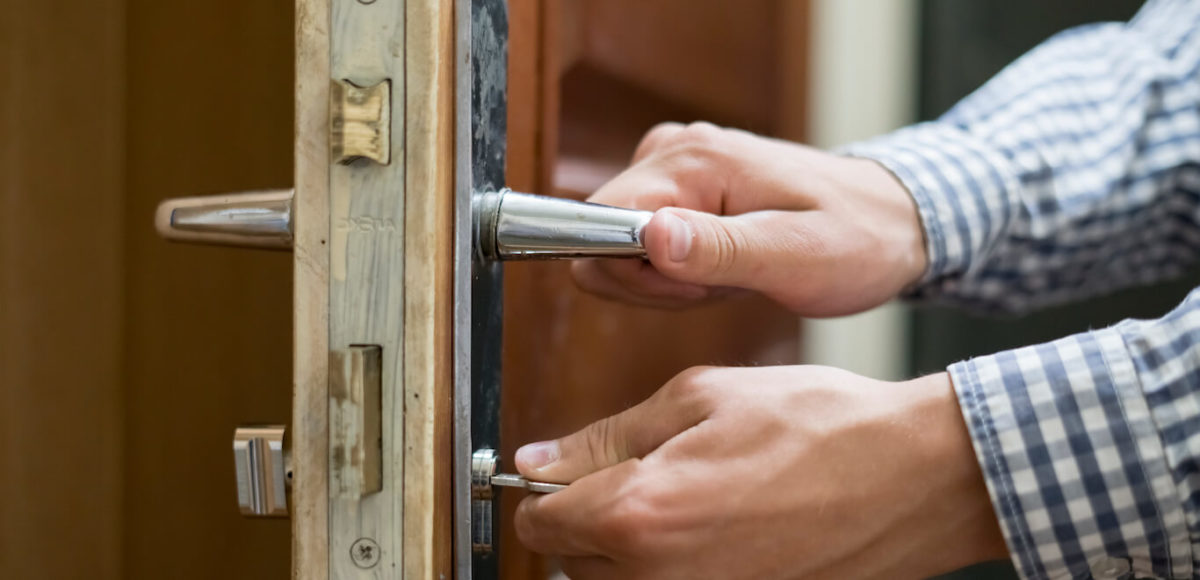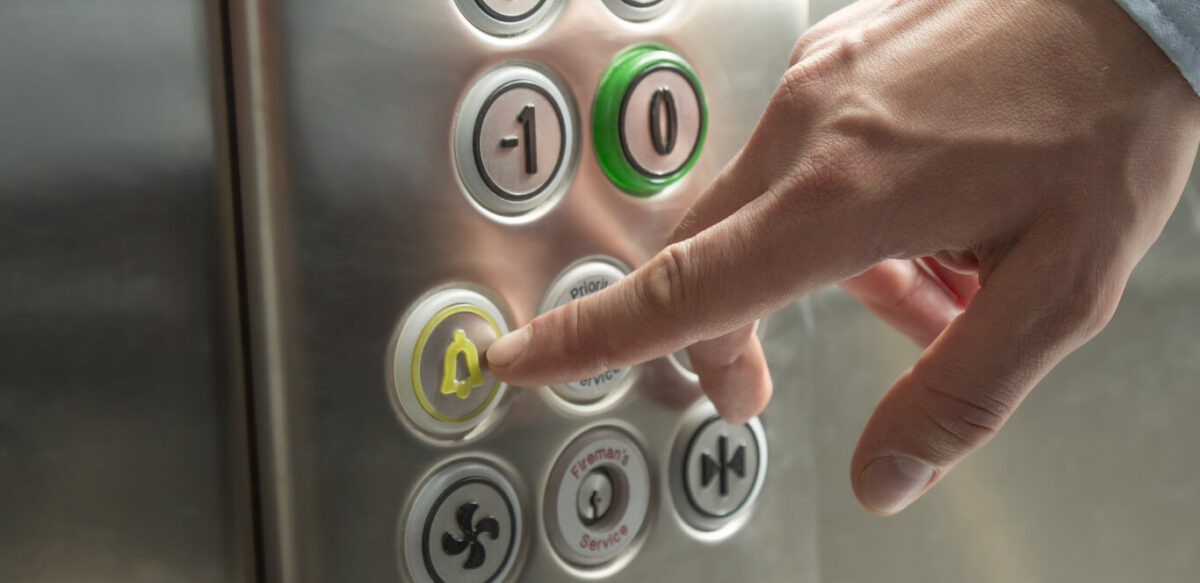Have you ever come back to your apartment and felt something was off? Maybe you’ve questioned whether someone entered your home while you were away at work or visiting with a friend. If you suspect your landlord or property manager came into your apartment without asking for your permission, you may feel inclined to accuse them of invading your privacy.
But before you do, be sure you know the rules regarding who can come into your apartment and which situations allow them to enter without prior notice.
Who is allowed in my apartment without my permission?
There’s no doubt having a landlord enter your apartment unannounced (or unattended) can feel like a major invasion of privacy. But is this action ever permissible? Read through the following enter-without-permission guidelines for landlords, maintenance, courtesy patrol, and first responders so that you can feel more at ease as a tenant — and enforce your renters’ rights if or when necessary.
Can my landlord come into my apartment without prior notice?
One of the most common questions of new or first-time renters is: Can a landlord come into my apartment without my permission? Generally, the answer is no. Your landlord typically needs to give you 24 hours’ advance notice that they’ll be stopping by.
A common exception is when a landlord drops in during an emergency, like when there’s a broken pipe or a suspected gas leak in the building. In all 50 states, a landlord can enter your property in an emergency with little (or no) notice.
Can maintenance come into my apartment without prior notice?
Ordinarily, landlords and maintenance staff have to give prior notice before showing up to make any repairs. Some state landlord entry laws require that maintenance also provide notice when they come to determine if any repairs are necessary. In both cases, twenty-four hours notice is a common baseline, though additional time may be given as a courtesy.
Emergency maintenance situations, however, have a different set of rules. If a fire breaks out or water leaks from floor to floor, a maintenance crew member can arrive on the scene without offering much notice.
Can courtesy patrol come into my apartment without prior notice?
A courtesy patrol officer is a security professional who provides surveillance and basic protection for an apartment complex. Simply put, a courtesy officer keeps everyone in the community safe. Their responsibilities include patrolling the premises, reporting crimes and incidents, assessing vehicles, and building relationships with the tenants.
Although most of these officers don’t have the authority to arrest anyone or abruptly enter your apartment (that is, without notice), they may show up to your unit rather quickly if there’s suspicion of a break-in, theft, burglary, or similar criminal activity.
Can first responders come into my apartment without prior notice?
First responders can typically enter your apartment at a moment’s notice. EMTs, paramedics, firefighters, and police officers act as the first line of defense in the event of an accident or emergency. In a life-threatening situation, first responders have the right to access your space by any means necessary — including smashing a window or breaking down a door.
Emergencies that could warrant entry without permission include, but are not limited to, potential animal endangerment, distress, fire, natural disaster, or suspected violence.
Because first responders are responsible for rescuing people and mitigating dangerous situations, it’s permissible in every city and state for them to enter your apartment building (or your specific unit) by any means necessary.
Non-emergency searches or discoveries are an exception to the rule. In these instances, law enforcement officers usually must provide probable cause to obtain a search warrant from a local court. With a search warrant in hand, law enforcement officers can enter and search your property.
Get a new lease on life with ApartmentSearch
While we’ve shared some great guidelines with you, keep in mind that regulations can vary depending on where you live — which is why it’s in your best interest to check with your local tenant advocacy resource for the most up-to-date and pertinent information.
But even if your landlord has a legitimate reason to “check-in” on your space, that doesn’t make having a stranger in your temporary home any less strange! If you’re ready for a whole new lease on life, check out ApartmentSearch for highly-rated apartments in your area. Using the search feature, you can specify what type of place you’re looking for in any neighborhood or zip code, and make sure you find somewhere you love that still fits into your budget.




